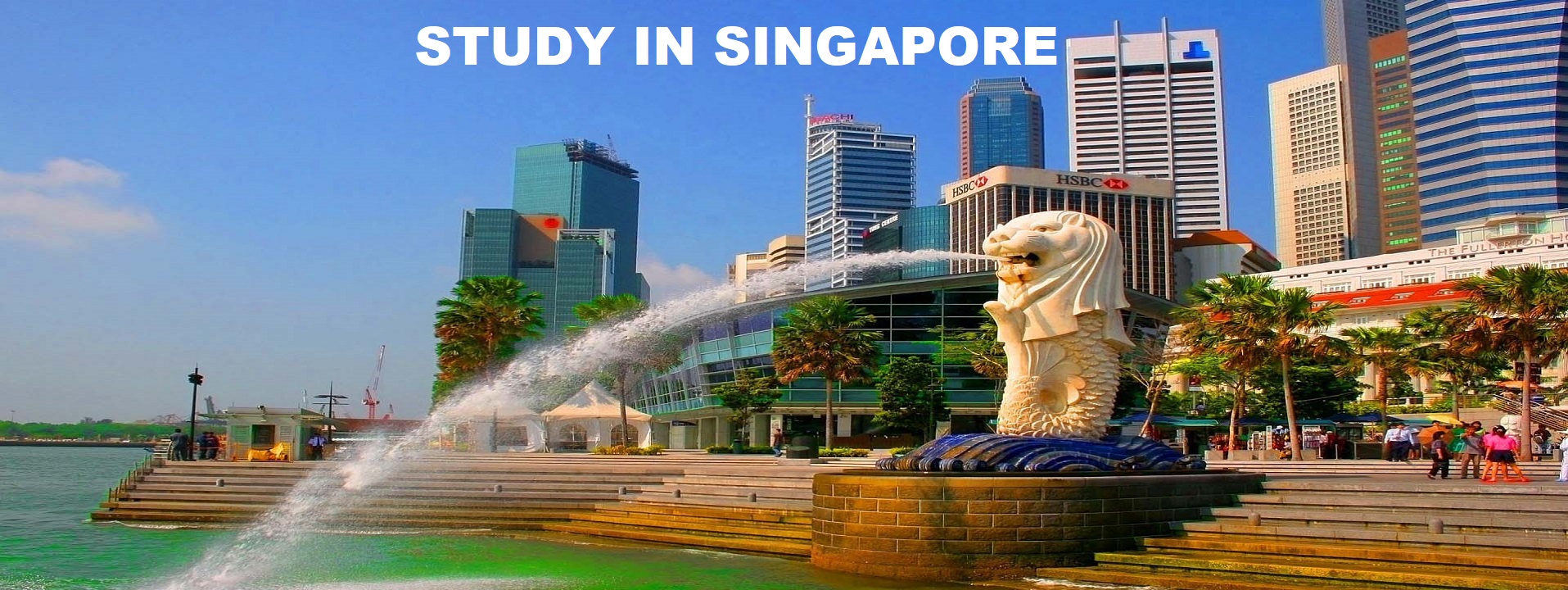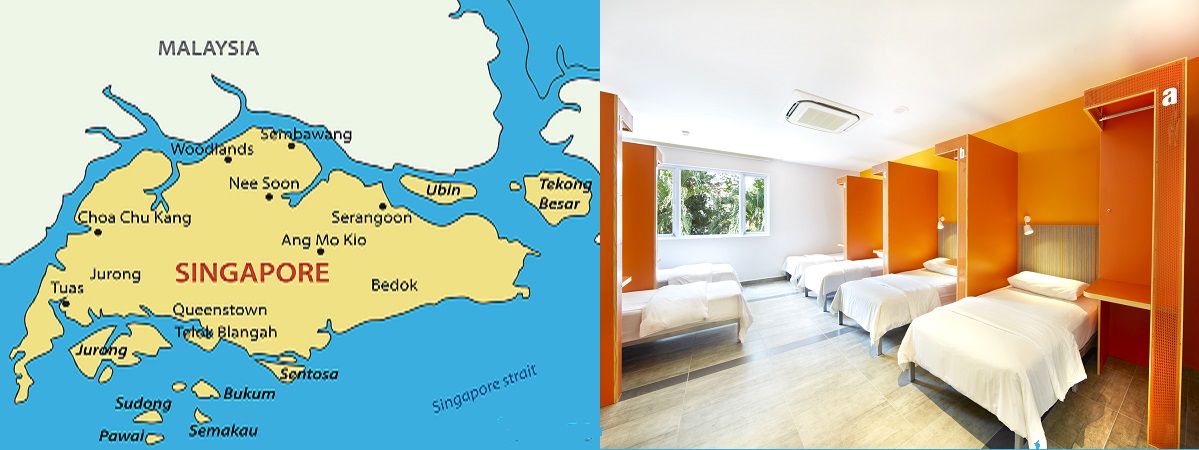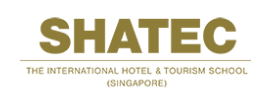
Study Singapore Consultants New Delhi | Singapore study visa consultant Delhi | Singapore visa consultant Delhi | Singapore work visa consultants Delhi | Singapore Education consultancy Delhi
Study Singapore Consultants New Delhi | Singapore study visa consultant Delhi | Singapore visa consultant Delhi | Singapore work visa consultants Delhi | Singapore Education consultancy Delhi
About Singapore
Study Singapore Consultants New Delhi | Singapore study visa consultant Delhi | Singapore visa consultant Delhi | Singapore work visa consultants Delhi | Singapore Education consultancy Delhi
Singapore has a strong economy and is a socially safe country with a stable government and a low crime rate, making it an ideal place to study. One of the benefits of going to Singapore is that English is the most commonly used language. Singapore is extremely popular among students who wish to study courses in animation, design, game development, music, etc. Courses in law and combined post-graduate courses in management and engineering are extremely popular choices for students from South-Asia. Singapore has become a popular study destination for higher education.
Singapore, an island city-state off southern Malaysia, is a global financial center with a tropical climate and multicultural population. All major attractions are also accessible by tour bus. Since the city is only 60 miles (100k) from the equator, the tropical temperatures do not very much. Rainfall is fairly evenly distributed through the year. Like most of Southeast Asia, Singapore is generally hot and humid. It’s warm and humid year round, with the temperature almost never dropping below 20°C (68°F), even at night, and usually climbing to 30°C (86°F) during the day.
Beyond the picture-perfect skyline and the bustling city center, there’s still so much more to Singapore for visitors to explore.
Study Singapore Consultants New Delhi | Singapore study visa consultant Delhi | Singapore visa consultant Delhi | Singapore work visa consultants Delhi | Singapore Education consultancy Delhi

Singapore has a high standard of living and can be an expensive place to live. The annual living costs for students are estimated to be around S$4,700 (Singapore Department of Statistics 2009). Rent is likely to be your biggest outgoing but there is a variety of options for students; some of them will offer better value for money. Food is relatively inexpensive if using University food outlets or if eating in. Local public transport is also cheap and a monthly transport pass will cost around S$90.
On-campus graduate housing is generally available but demands greatly exceeds supply. Halls of residence are therefore reserved for full-time postgraduates with new students on research programmers often given priority. Some universities only provide on-campus accommodation for defined periods of time (one year) and this may not cover the entire duration of your course, particularly if you are a Ph.D. student. On-campus is offered on a self-catered basis (but university canteens and cafés are widely available). Universities generally do not offer accommodation to families and couples and recommend that students seek alternative in the private sector.
2. Privately shared flats
Privately owned apartment or house can be rented directly from the owner. This can be an expensive option, so sharing with fellow students will help reduce the cost. You can expect to pay around S$400 per person per month
3.Housing Development Board (HDB) flats
It is possible to rent a room in an HDB flat or the entire flat. This is a cheaper alternative to private housing. Prices for HDB properties range from S$250 (room only) to $1,000 (whole flat) per month.
4.Living in a flat of your own
This is the most expensive option and can cost anything from S$1000 upwards
|
Accommodation |
$200 – $700 |
Rental varies |
|
Utilities |
$40 – $100 |
Not applicable |
|
Food |
$300 – $450 |
Based on $10-$15 |
|
Transportation |
$50 |
Depends on the |
|
Telecommunications |
$50 |
Varies with |
|
Books & Stationery |
From $100/term |
Book link at the |
|
Personal |
$100 – $300 |
Varies with the |
Institutions Represented









